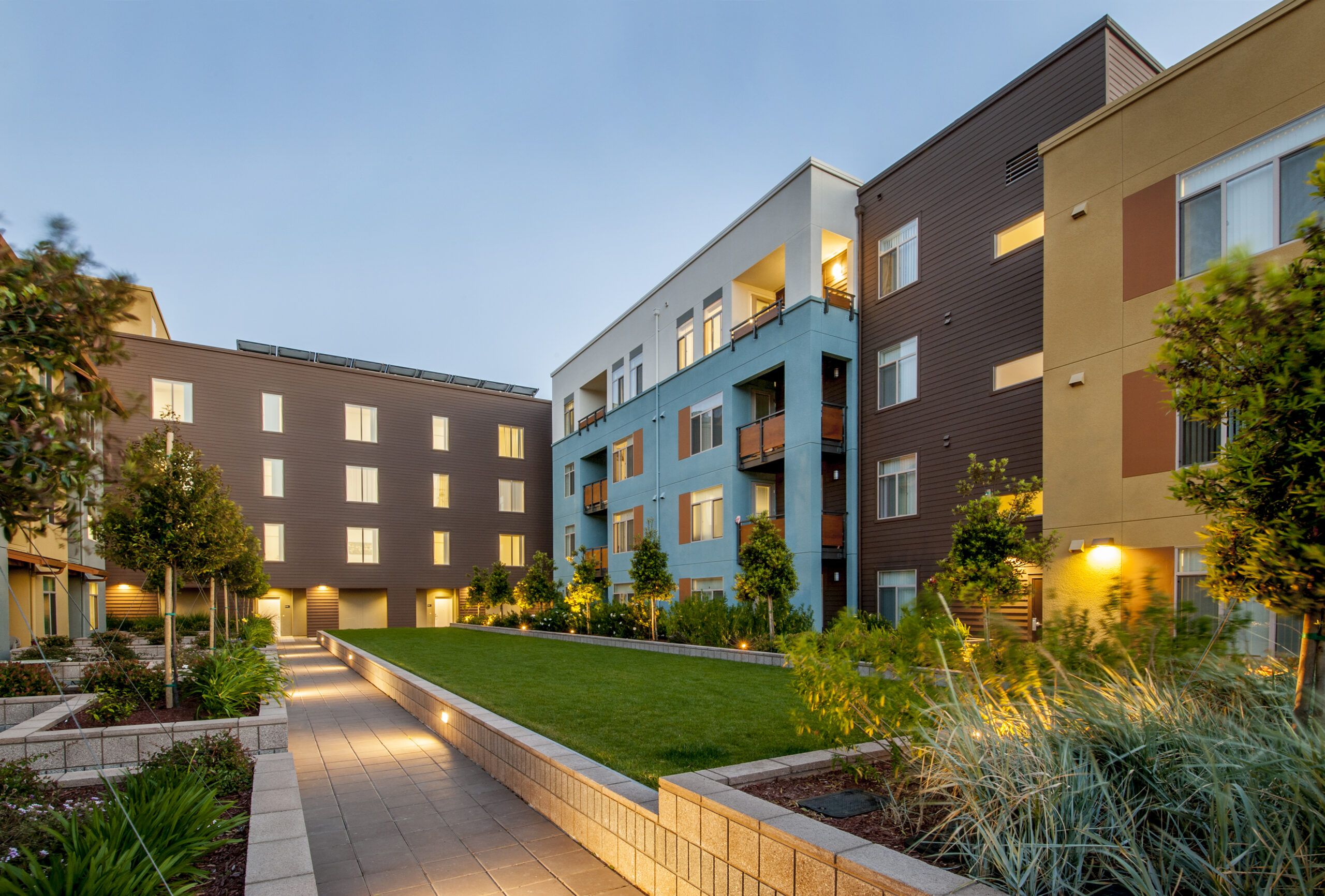Supportive housing providers are encountering a significant demographic shift as the population of older adults, particularly those aged 50 and above with histories of homelessness, continues to grow. This “graying” of the tenant base presents unique challenges and necessitates adapted approaches to care. Aging adults who have experienced homelessness often face complex health issues, including chronic illnesses and geriatric conditions, significantly earlier than the general population. Additionally, older adults in supportive housing often face distinct mental health needs and potential accessibility barriers. The average life expectancy is notably lower, which further highlights the unique challenges that this group faces.
In response to these needs, this toolkit is designed to equip service and housing providers in New York with best practices solicited from providers across the state.
Meeting the Needs of Older Adult Tenants
Related Resources

December 9, 2025
Twenty years ago, CSH developed the FUSE (Frequently Used Systems Engagement) model to deliver a transformative solution that aligns housing, health, and justice systems to...

November 4, 2025
This report presents a comprehensive assessment of workforce needs in the homeless services sector in Los Angeles County. Using detailed labor market data, industry and...

November 3, 2025
Communities across the country are facing a shortage of qualified professionals in homeless services. In partnership with Los Angeles Homeless Services Authority (LAHSA) and local universities,...


